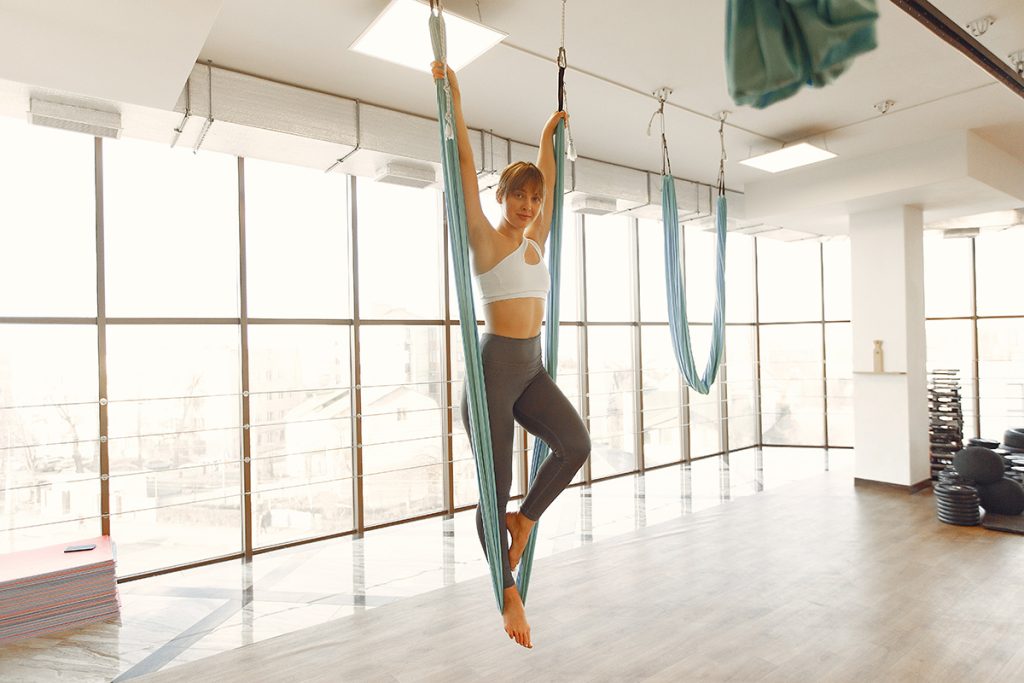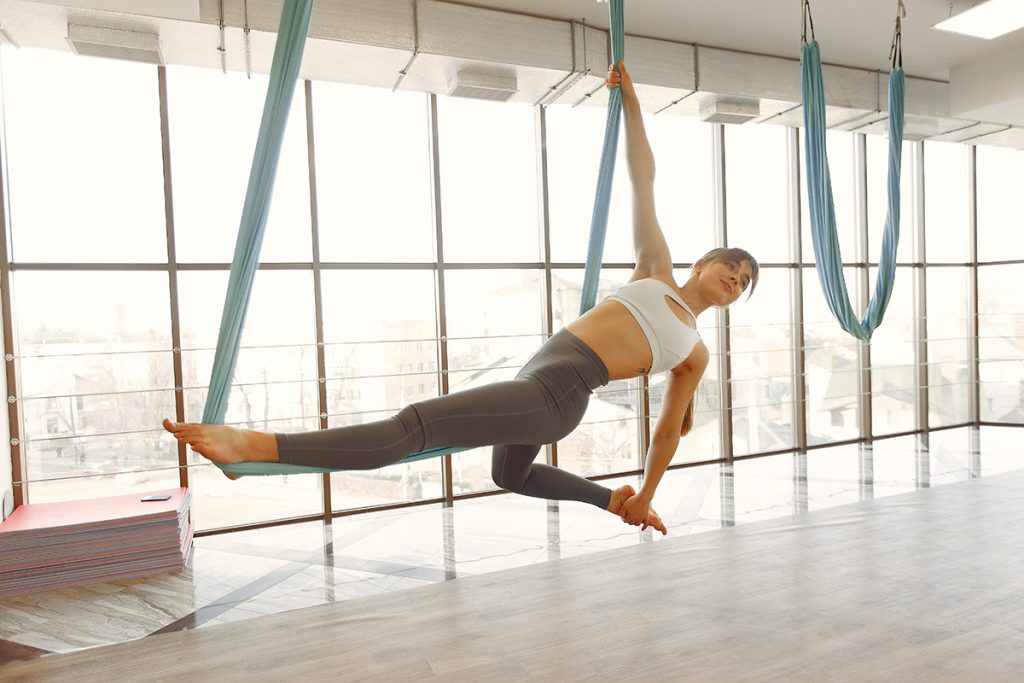Learn why the idea that ‘practice makes perfect’ is a myth

How do you get to Broadway or Hollywood? The old joke says, “practice, practice, practice.” While it may sound like good advice, it’s not the fastest path, according to Scott Young, author of Get Better at Anything: 12 Maxims for Mastery.
Young uses Tetris as an example, noting that what was once impossible is now achievable by young kids, thanks to improved communication and information sharing via the internet and livestream videos. He emphasizes that practice alone isn’t enough; using the best known techniques is crucial for improvement.
Practice makes fluent
“Practice is not a cure-all,” says Scott Young. “It doesn’t monotonically improve your skills. Instead, it makes you more automatic and fluent, which has its strengths and weaknesses.”

Fluency is crucial for reading. To be a successful reader, you must effortlessly recognize letters and sounds and combine them.
“We need to practice and train for many skills,” Young explains. “But a lot of practice doesn’t automatically mean you’re learning the best method.”
Take typing, for example. Some people learn to type with proper finger placement on the keyboard’s home row, while others use a hunt-and-peck approach. With enough practice, you can get faster at hunt-and-peck typing, but you’ll plateau at a lower speed than if you had learned the home-row method.
“Practice makes permanent,” Young says, countering the notion that ‘practice makes perfect.’ He emphasizes, “You want to use the correct technique from the beginning. That’s why piano teachers and tennis coaches prefer training novices over those with bad habits. Fluency can boost confidence, but it doesn’t necessarily equate to skill.”

Proficiency requires feedback
In Outliers: The Story of Success, Malcolm Gladwell popularized the 10,000-hour rule, which suggests that to become highly skilled at something, you need to spend 10,000 hours, or about 10 years, practicing it.
While Scott Young acknowledges the value of dedicated practice, he emphasizes the necessity of feedback. Practice improves fluency, but learning from outcomes through calibrated feedback is essential.
Anders Ericsson, whose research inspired the 10,000-hour rule, was clear that merely spending a lot of time on a task doesn’t lead to expertise. Young explains, “Ericsson advocated for deliberate practice, which involves practicing under a coach’s guidance with immediate feedback. Without these elements, you can spend a lot of time practicing, gain confidence, but not develop true expertise.”
Feedback isn’t just about a teacher correcting you. In information-processing terms, it’s about receiving information from the environment and the reality we aim to influence.
Young illustrates this with stand-up comedians, who operate in a rich feedback environment. “They perform on stage and immediately know if their jokes work based on the audience’s reaction. While expert advice might help, the immediate feedback from the audience is invaluable,” he says.

Requesting feedback
A meta-analysis on feedback research revealed a link between feedback and learning outcomes. However, about a third of feedback tends to be negative, often personal rather than task-oriented. “Task-oriented feedback is actionable,” explains Scott Young.
To get high-quality feedback, how you ask for it matters. Simply asking, “What do you think?” invites an evaluation, which can open the door to negativity.
“In our social interactions, giving harsh feedback can damage relationships,” Young says. “It requires an almost inhuman level of resistance.”
Instead, Young suggests asking, “If you were going to make this better, what would you do?” This approach avoids evaluation and focuses on improvement. “It shifts the perspective from ‘is it good or bad’ to ‘how can it be improved.’”
Inviting feedback in this way can help you access better methods and solutions that you might not discover through trial and error alone. While practice builds fluency and confidence, relying on others’ insights is crucial for excelling.




















